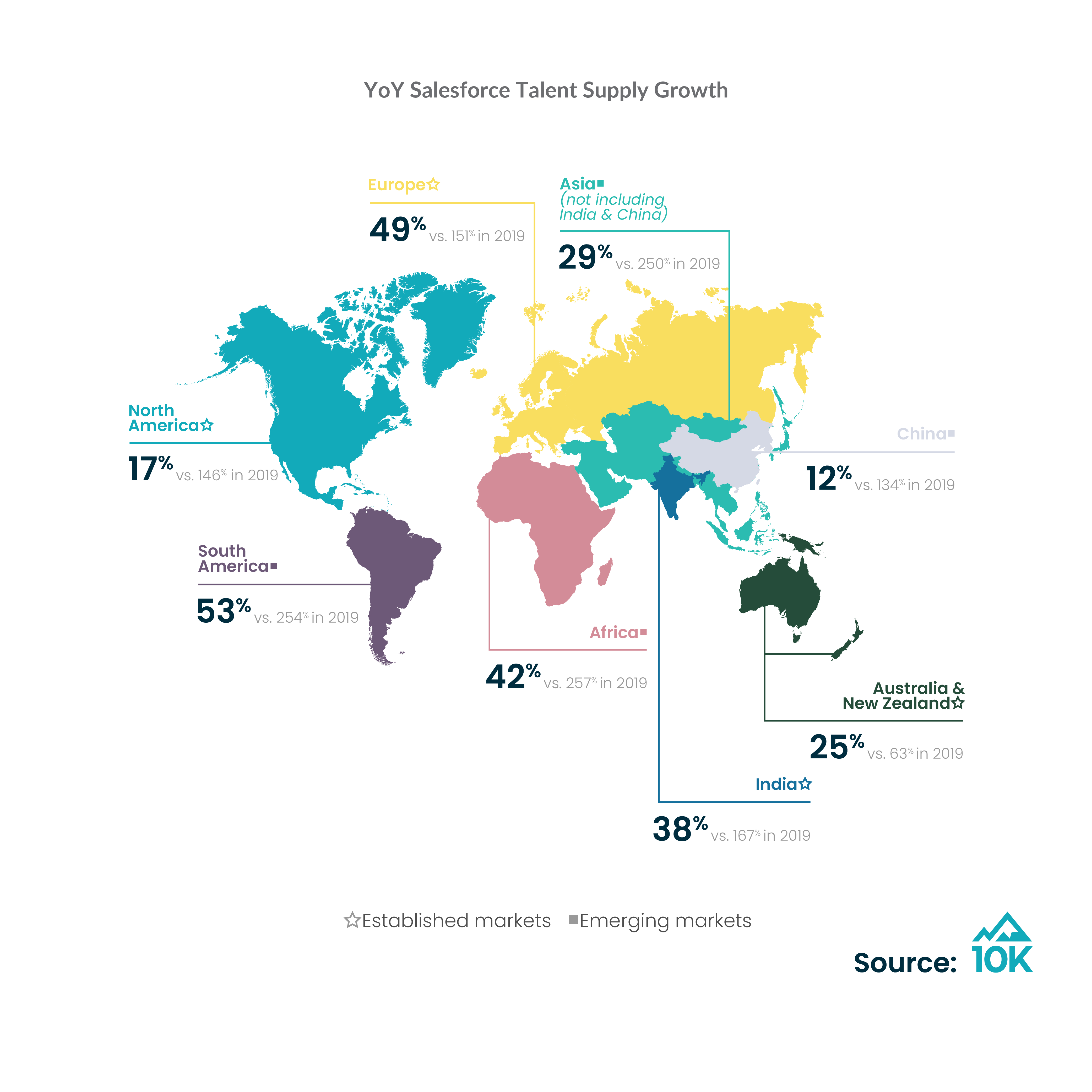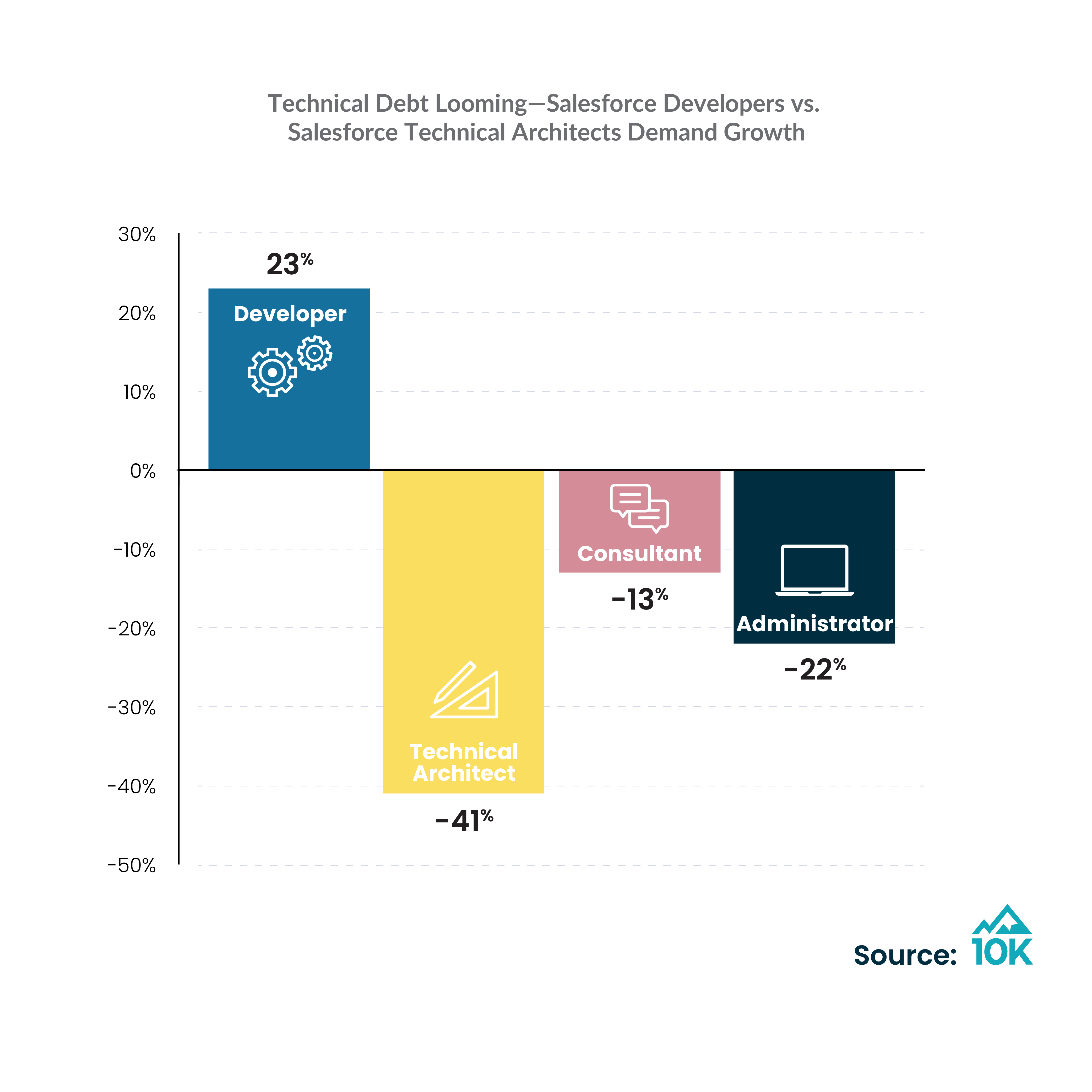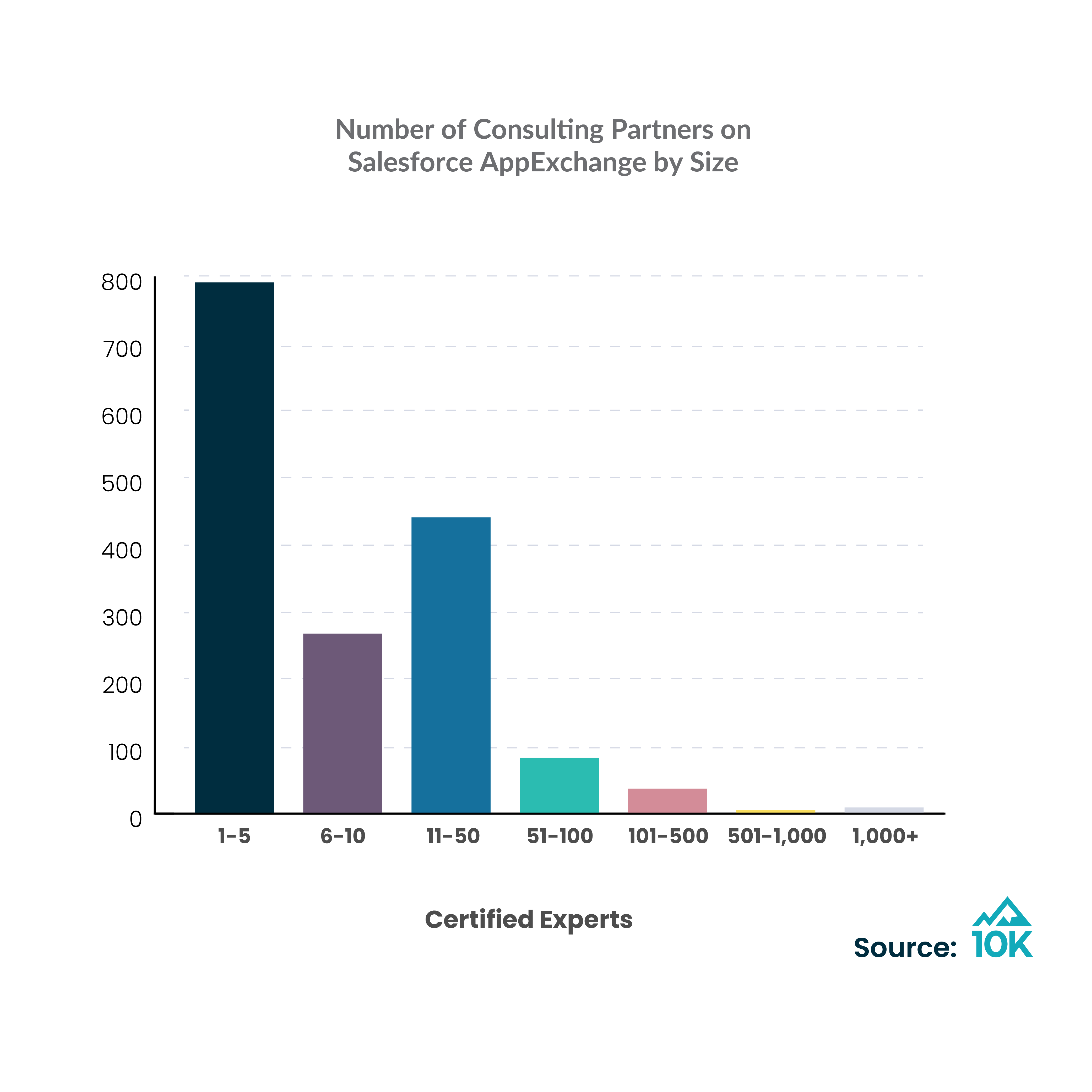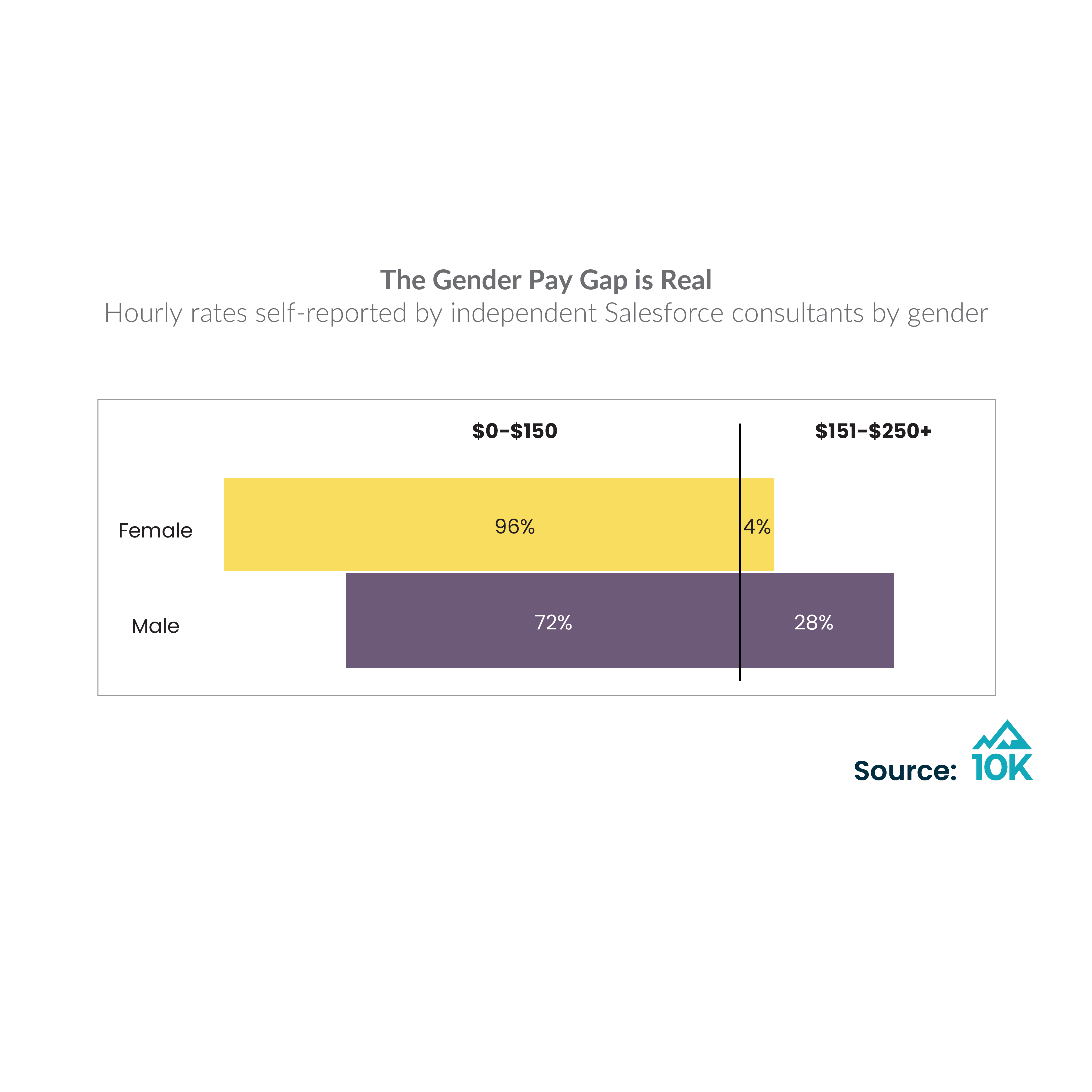Whether you’re wrangling kids while trying to WFH, chasing down client payments, searching for new gigs, or juggling the demands of a significant other while also trying to take care of yourself, chances are you land among the many who agree this year has been one big balancing act and time warp wrapped into one. This is why, frankly, we’re happy you’re making time for this blog. Time is a precious commodity, and the unique circumstances of 2020 have made that abundantly clear.
Earlier this year, as part of our “Ask the Expert” webinar series, we explored the importance of why every Salesforce expert should incorporate ongoing education into their schedule. And, with our recently released 2020 Salesforce Talent Ecosystem report, our Salesforce independent consultant survey found some interesting trends. 96% of respondents said they rely on Trailhead to keep their skills sharp and up-to-date, yet 30% of survey respondents also cited that making time to learn new skills is a top challenge of being independent in the ecosystem.
Given the collective challenge we all seem to have in finding enough hours in the day to do it all, here are three quick ways to continue your Salesforce learning, no matter what the day may throw your way:
TrailheadGO: We cannot overemphasize the convenience of this new mobile app. No matter where you find yourself–in line at the DMV, in a waiting room, or on a long car ride (should we ever return to regular travel)–TrailheadGO makes it easy to continue your learning on Trailhead without being tethered to a laptop or desk. Best of all, it’s now available on both iOS and Android.
Trailhead community and user groups: One silver lining we’re taking away from 2020 and the universal pandemic we are all living through, is the normalization of virtual networking and learning opportunities. As you may recall, not so long ago, Trailhead community and user groups used to be limited by their region, with many groups choosing to meet physically. With in-person meetings on hold, many are now publishing when they are meeting and the topics they are discussing, making them accessible without geographical restraints.
Prioritize and set goals: There are upwards of 34 certifications in Salesforce and Trailhead can help you prepare for nearly all of them. If you have your eyes set on an exam in the near future, we recommend setting small, attainable goals for yourself that can help maintain your motivation as you reach each one. It can be easy to get overwhelmed by putting high expectations on ourselves about getting x number of badges in a given week or wondering where to go next. Take a step back, break it down into a study plan, and celebrate the small wins while you set yourself up for the big ones.
If you’re interested in learning more about what’s trending in the Salesforce expert ecosystem, or you’re just curious about how your peers are feeling going into 2021, you can download our Salesforce Talent Ecosystem Report here.





